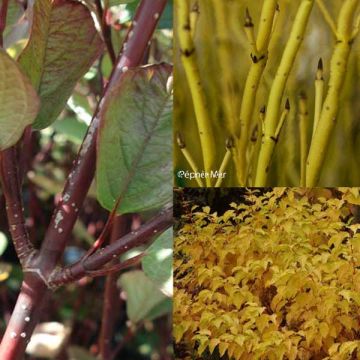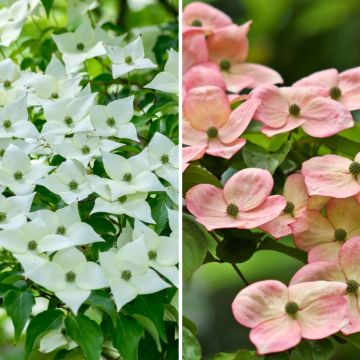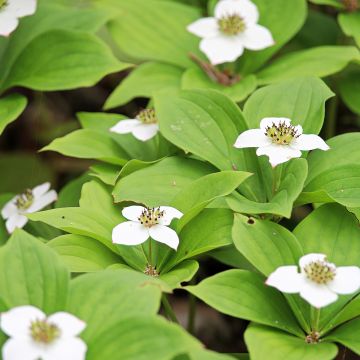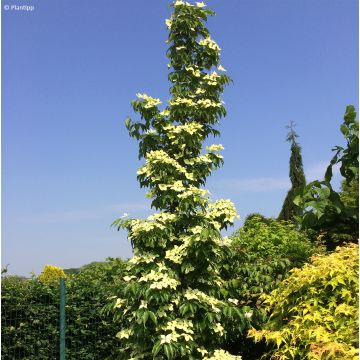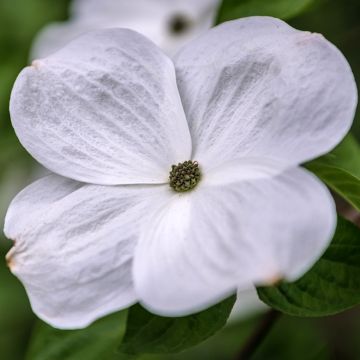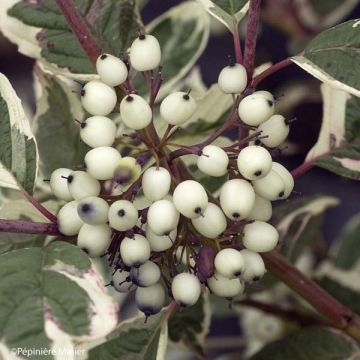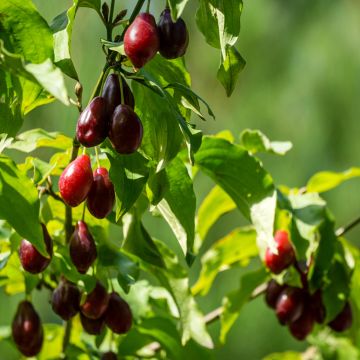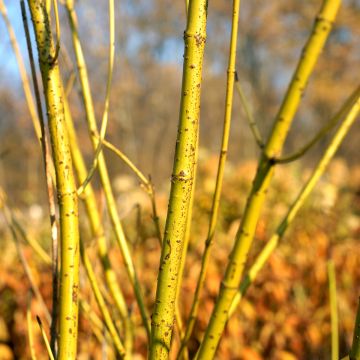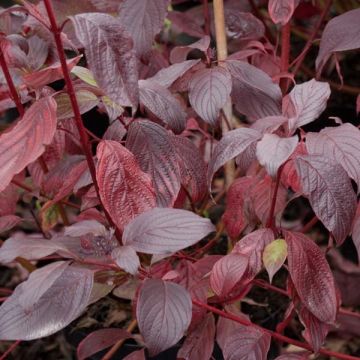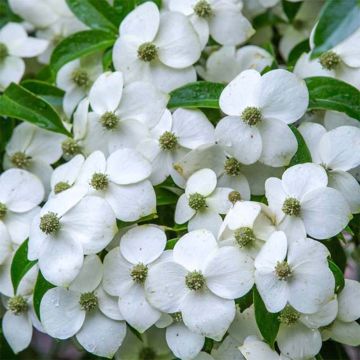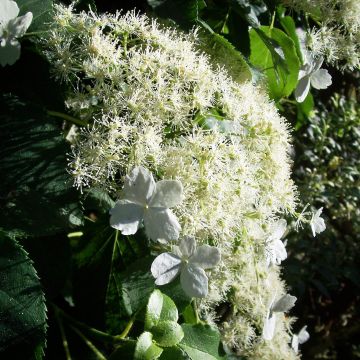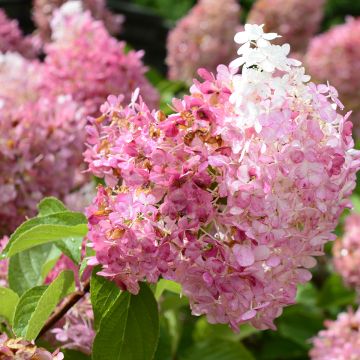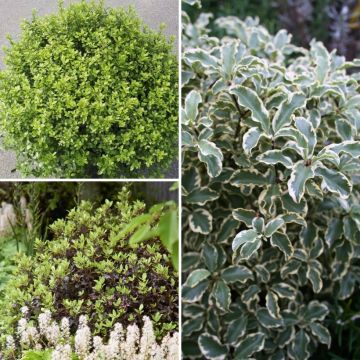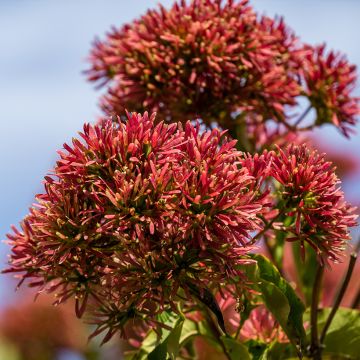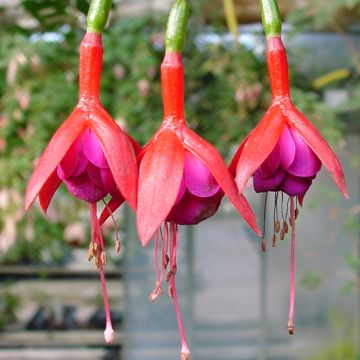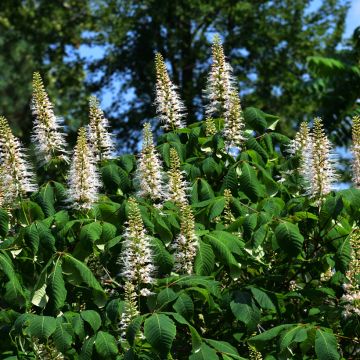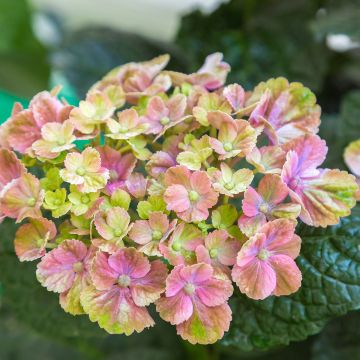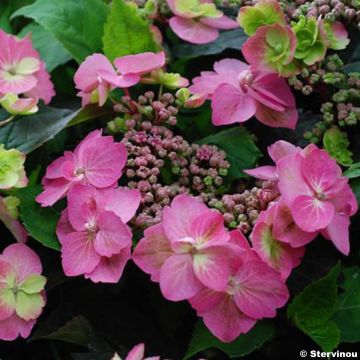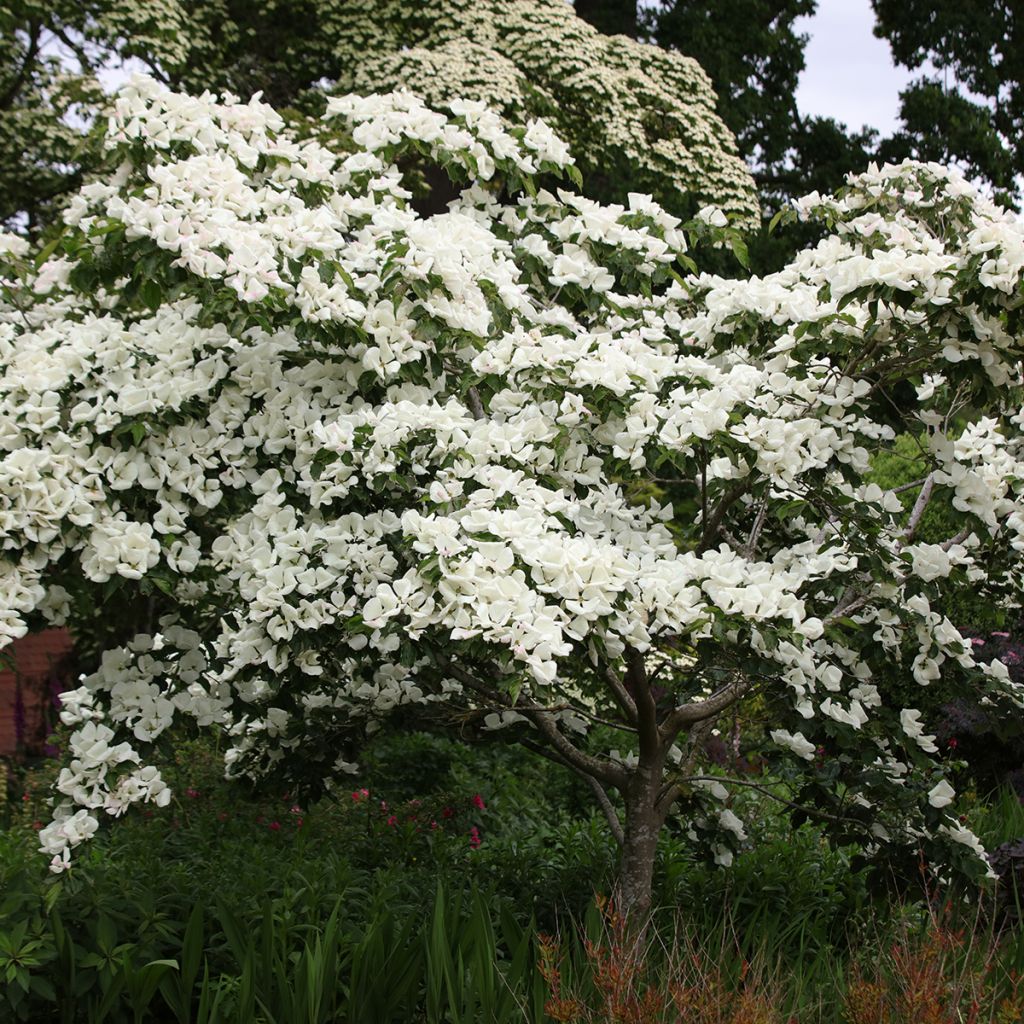

Cornus Venus - Flowering Dogwood
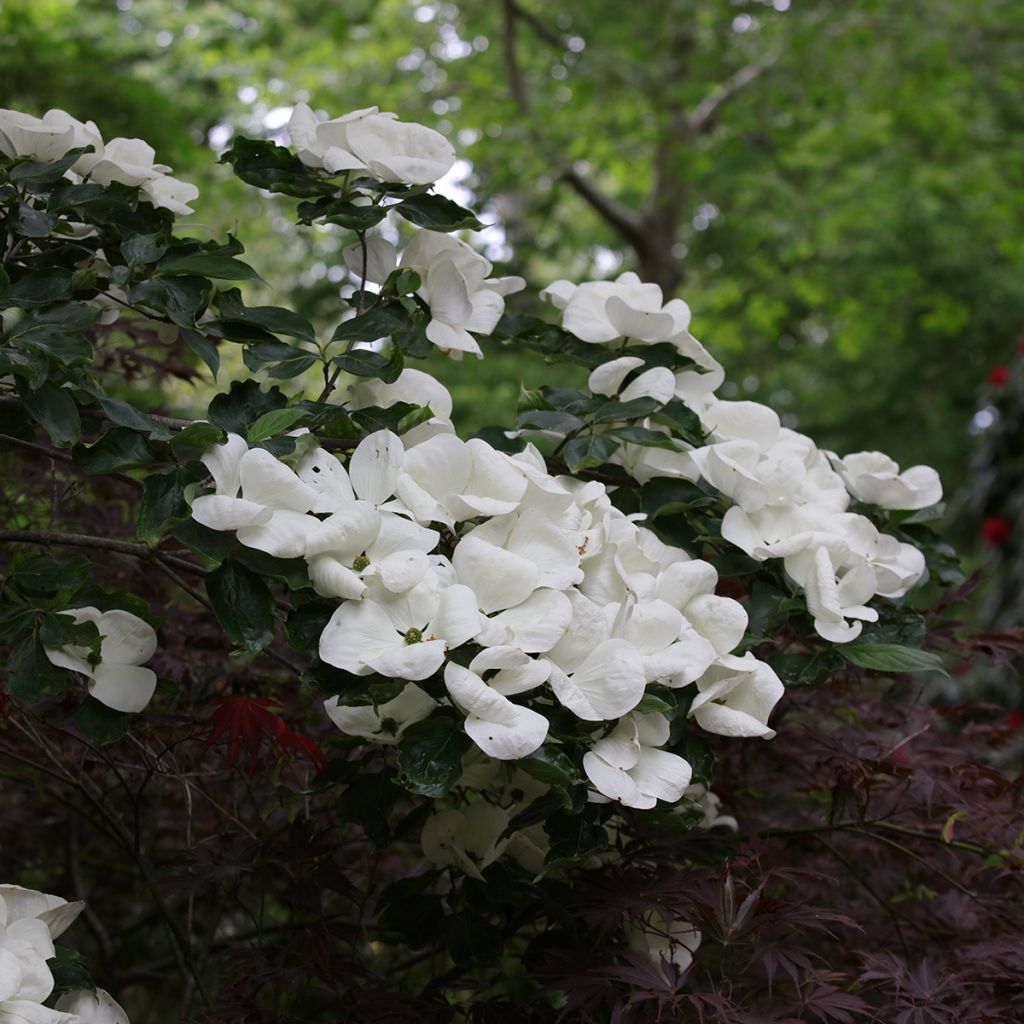

Cornus Venus - Flowering Dogwood
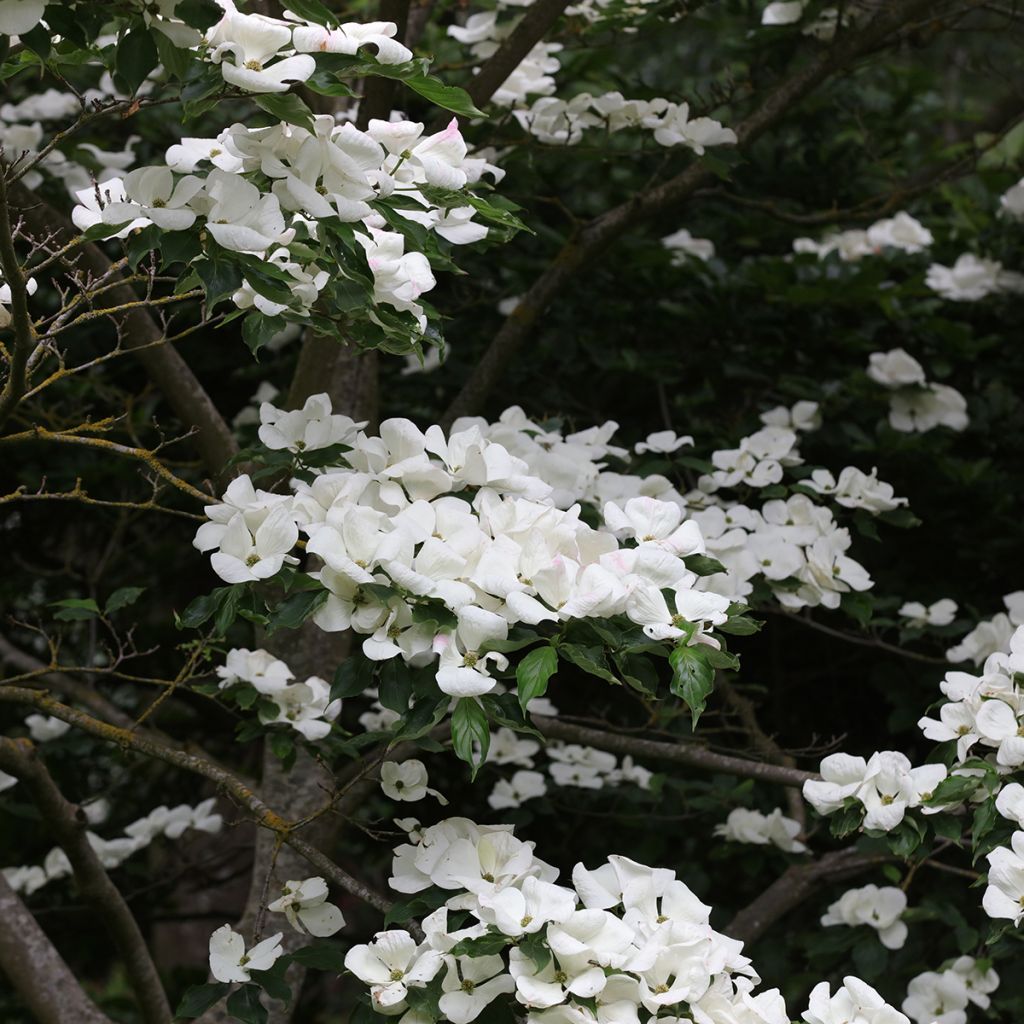

Cornus Venus - Flowering Dogwood
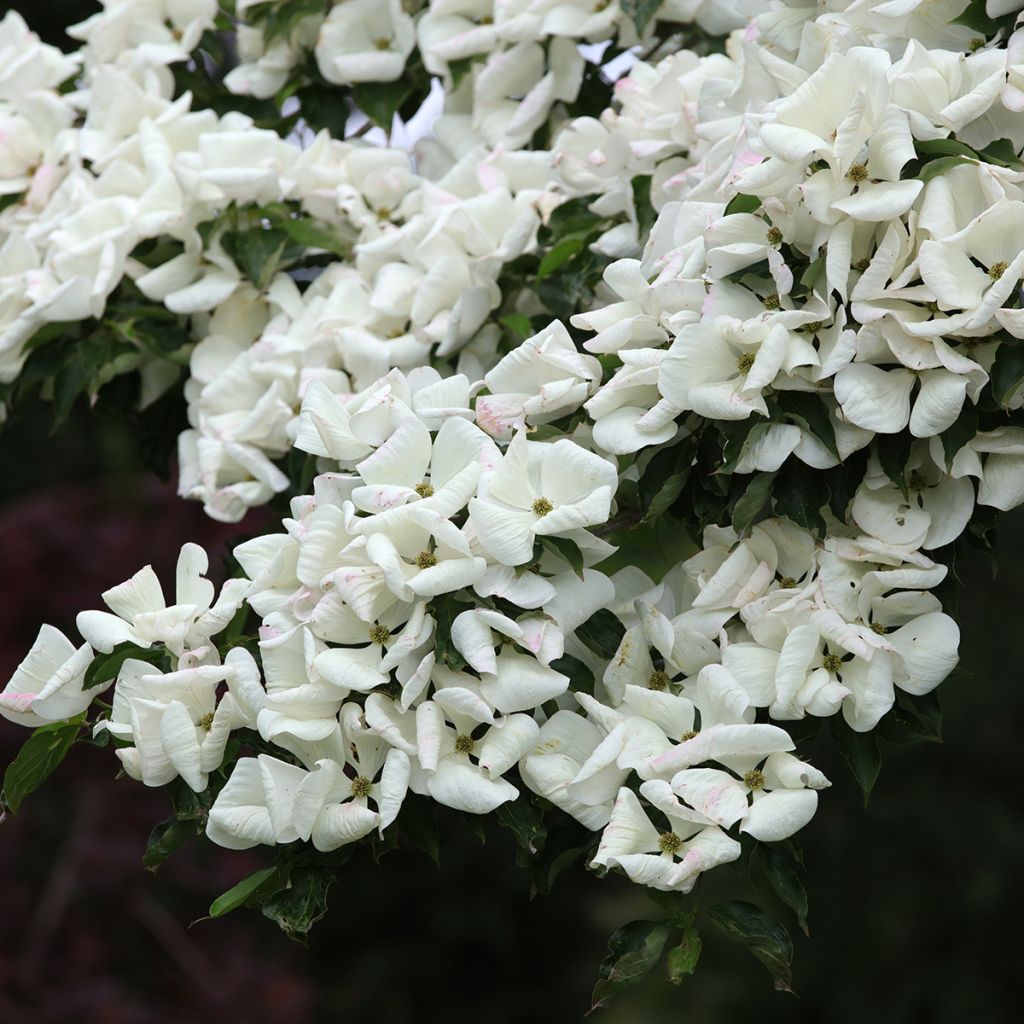

Cornus Venus - Flowering Dogwood
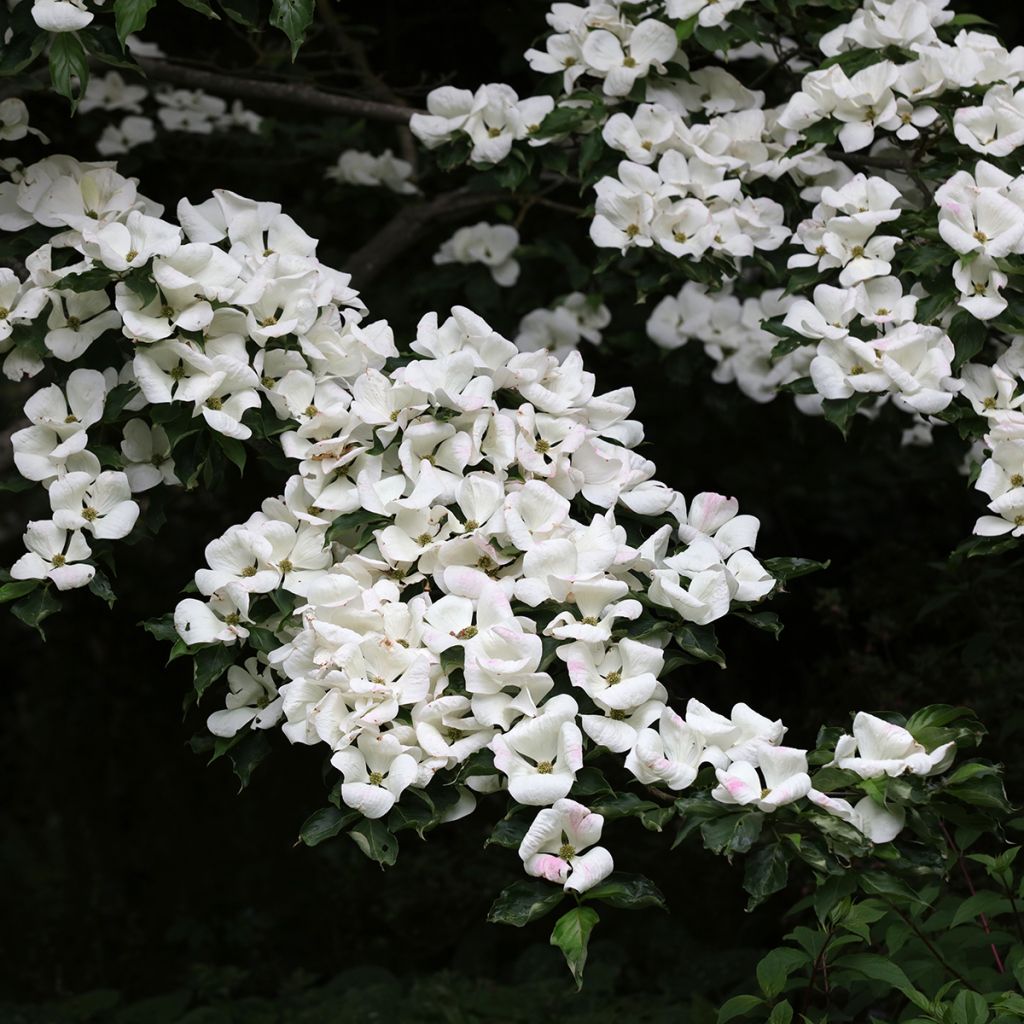

Cornus Venus - Flowering Dogwood
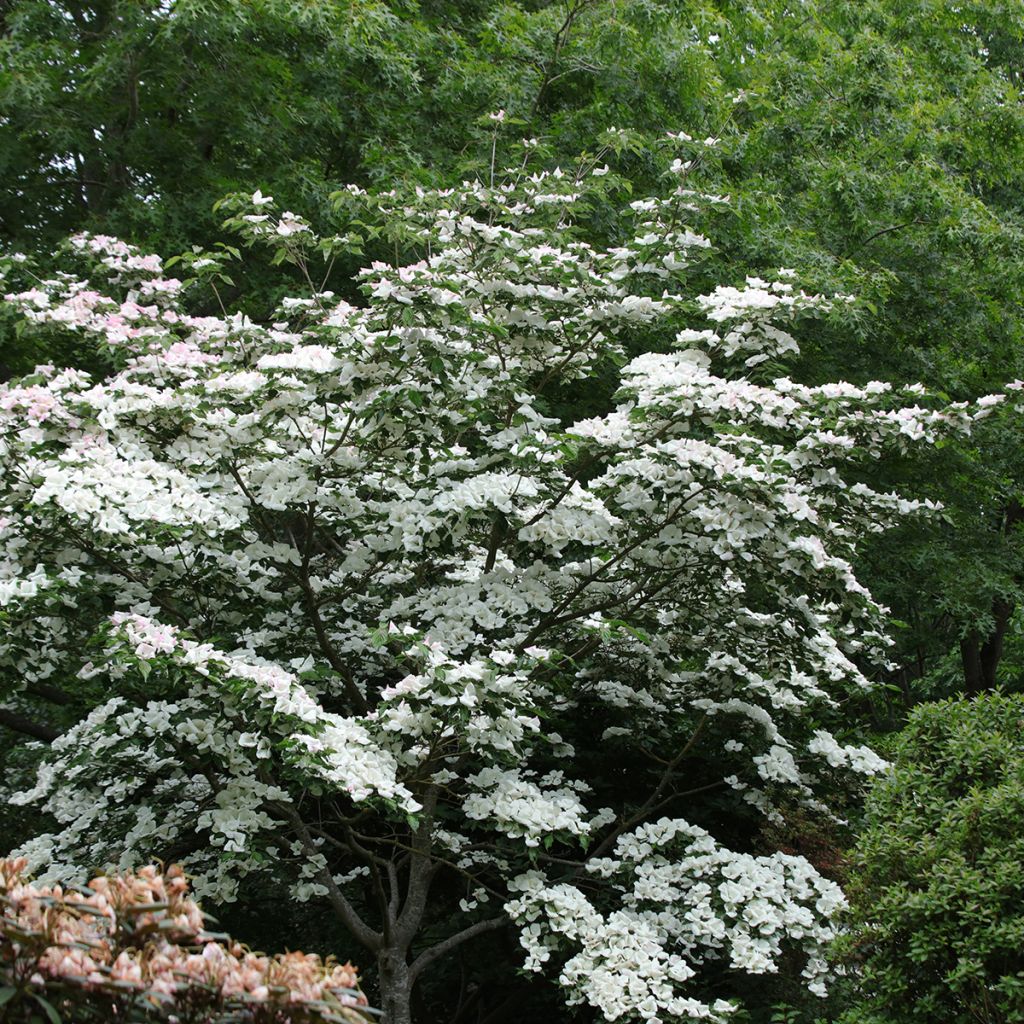

Cornus Venus - Flowering Dogwood
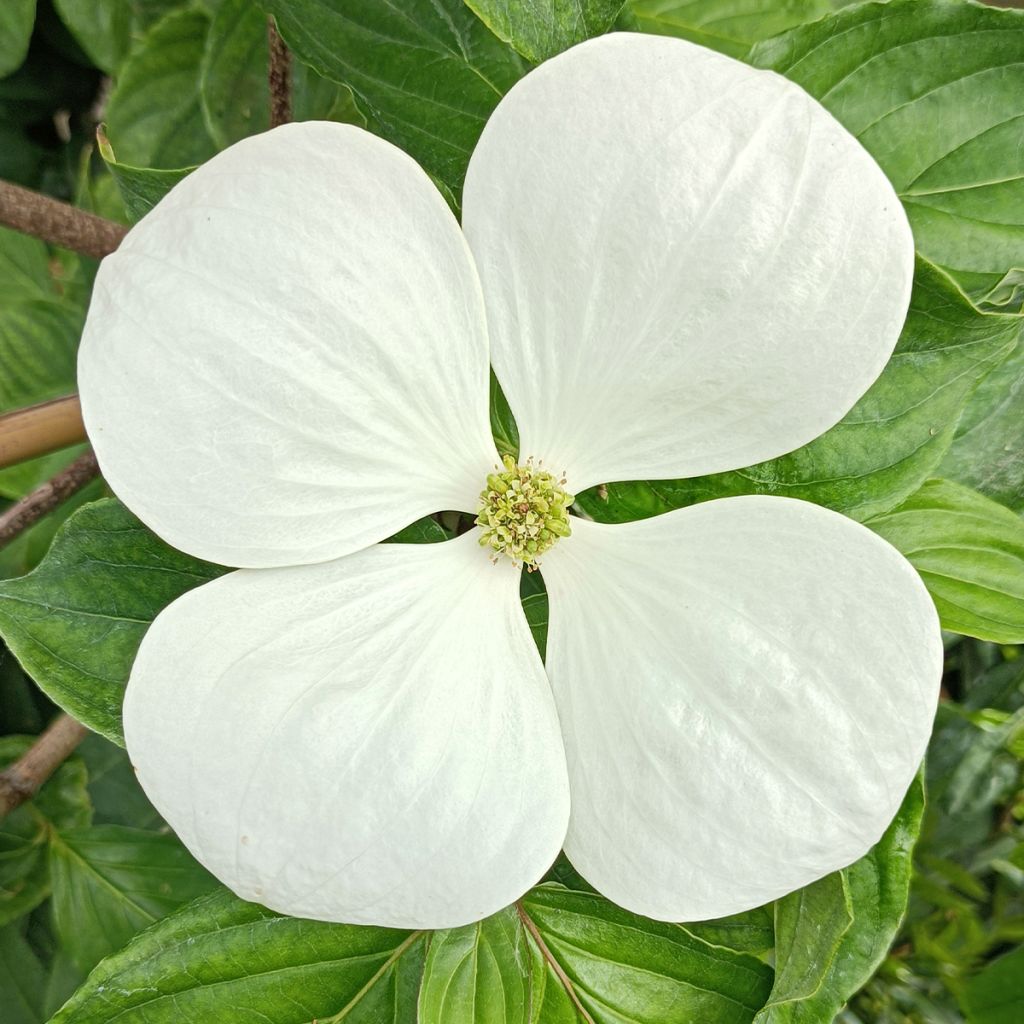

Cornus Venus - Flowering Dogwood
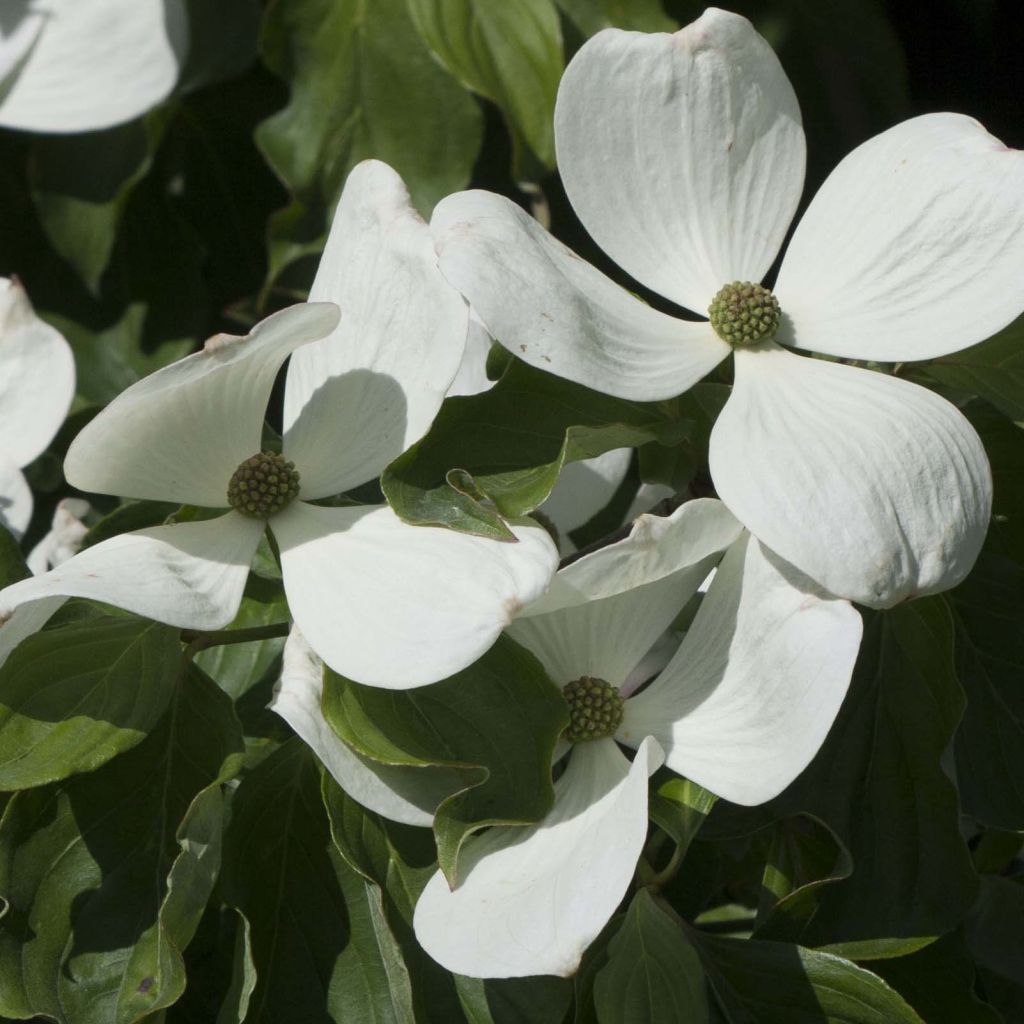

Cornus Venus - Flowering Dogwood
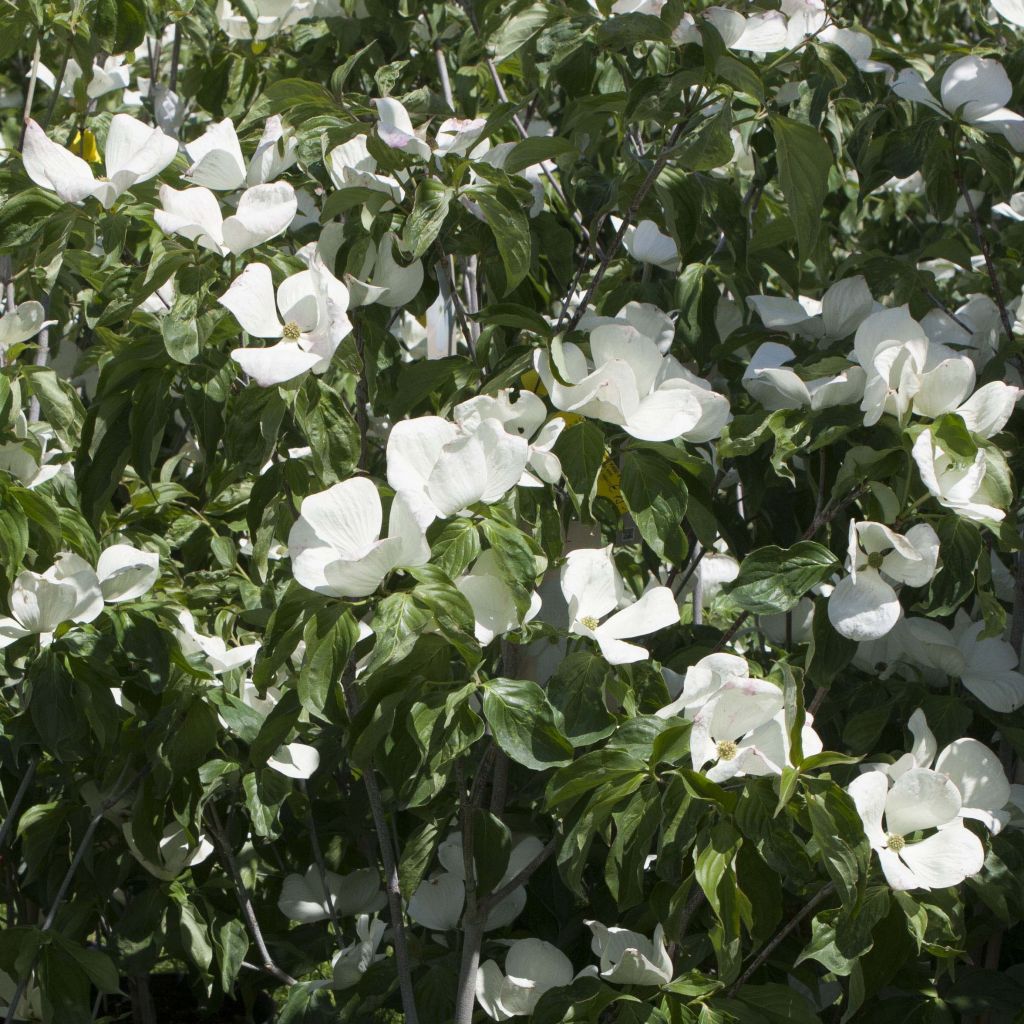

Cornus Venus - Flowering Dogwood
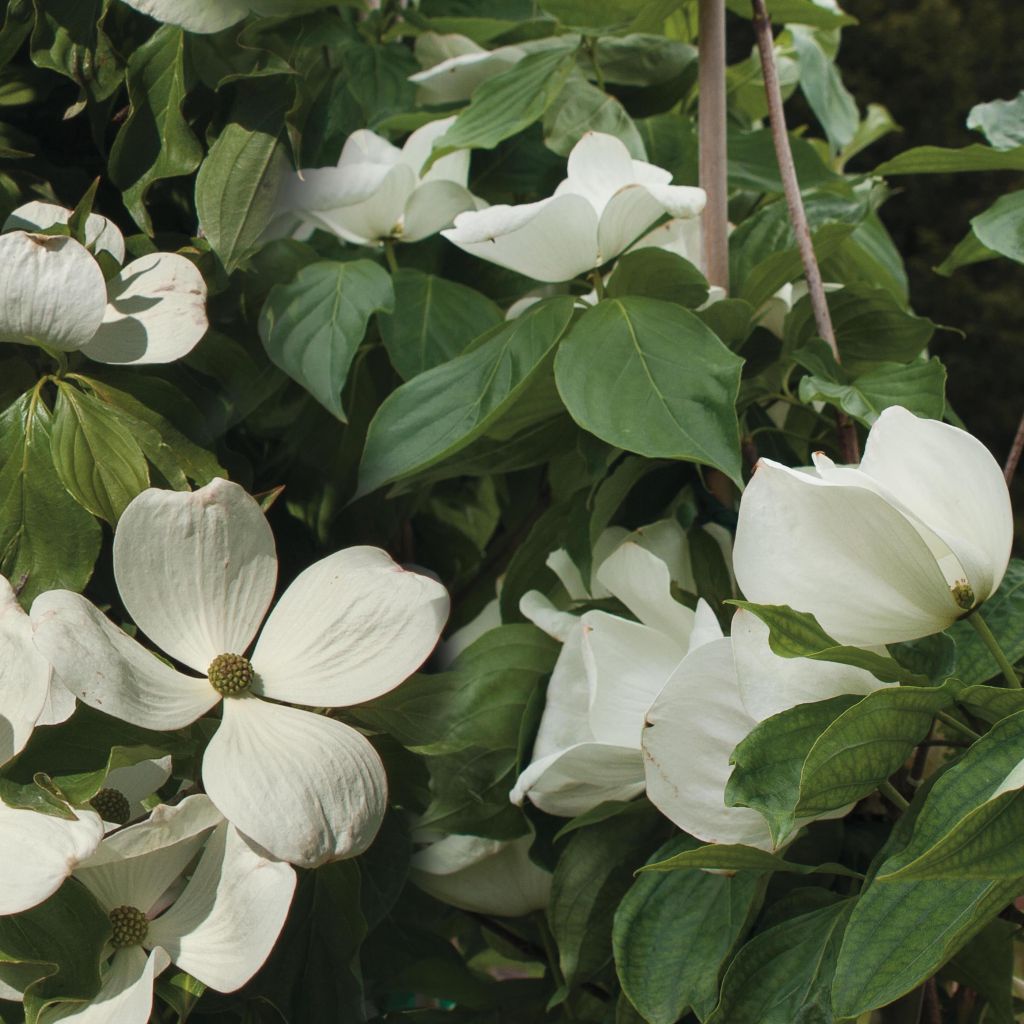

Cornus Venus - Flowering Dogwood
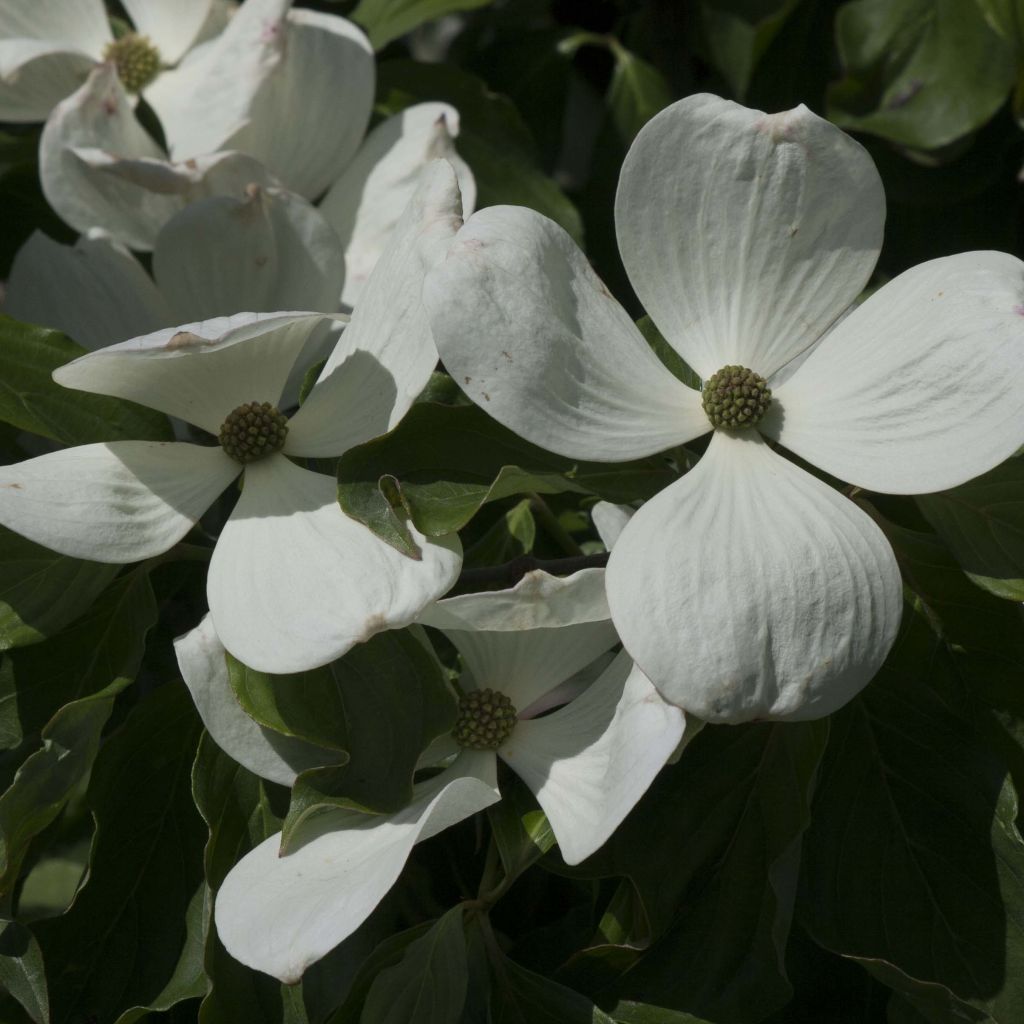

Cornus Venus - Flowering Dogwood
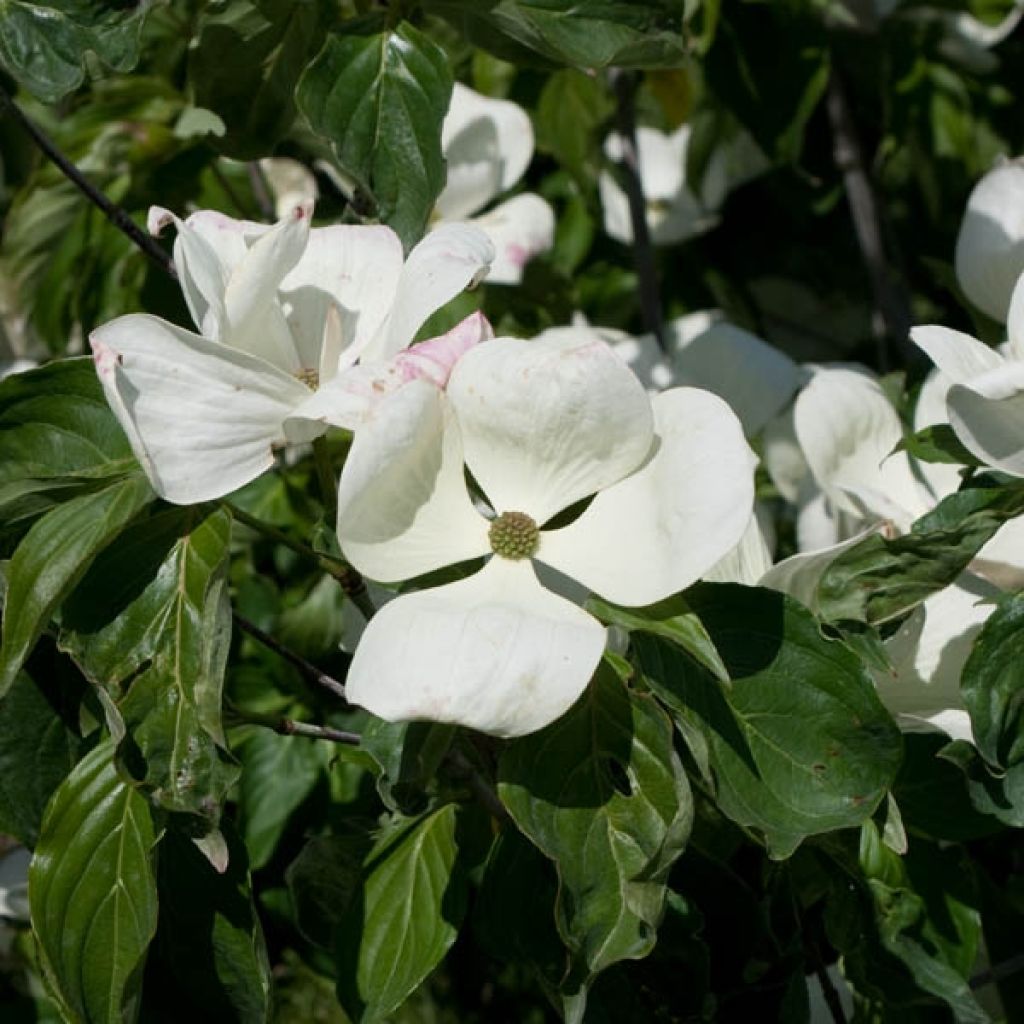

Cornus Venus - Flowering Dogwood
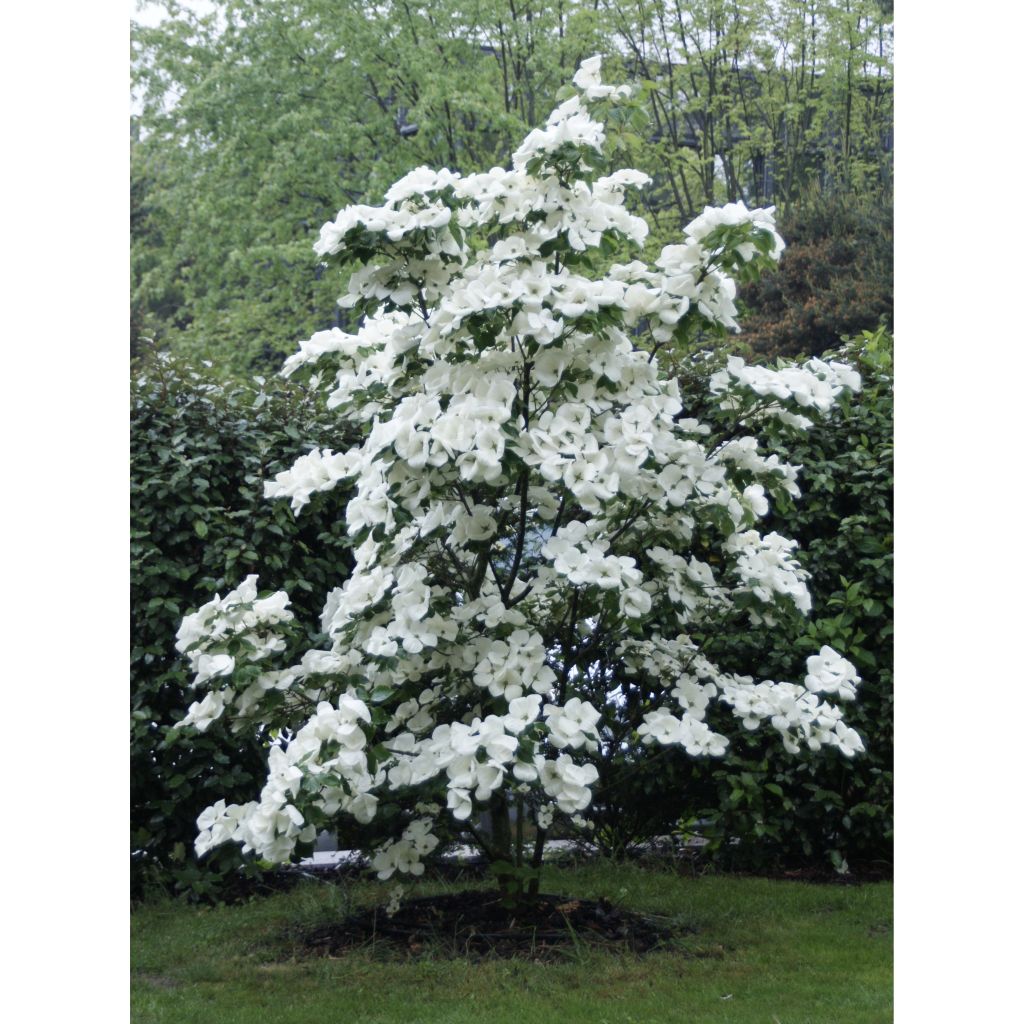

Cornus Venus - Flowering Dogwood
Cornus Venus - Flowering Dogwood
Cornus Venus
Dogwood
Hello Mathieu, thank you for your advice. I have already reported the issue via the form. It's just because I never received a response that I feel the need to mention it in the comments.
romain, 18/12/2023
Special offer!
Receive a €20 voucher for any order over €90 (excluding delivery costs, credit notes, and plastic-free options)!
1- Add your favorite plants to your cart.
2- Once you have reached €90, confirm your order (you can even choose the delivery date!).
3- As soon as your order is shipped, you will receive an email containing your voucher code, valid for 3 months (90 days).
Your voucher is unique and can only be used once, for any order with a minimum value of €20, excluding delivery costs.
Can be combined with other current offers, non-divisible and non-refundable.
Home or relay delivery (depending on size and destination)
Schedule delivery date,
and select date in basket
This plant carries a 24 months recovery warranty
More information
We guarantee the quality of our plants for a full growing cycle, and will replace at our expense any plant that fails to recover under normal climatic and planting conditions.
Would this plant suit my garden?
Set up your Plantfit profile →
Description
The Cornus kousa 'Venus' is a recent variety of Dogwood, remarkable for the majestic size of its creamy white star-shaped bracts. It forms a small tree approximately 5 m (16 ft) tall by 4 m (13 ft) wide. Its magnificent flowering occurs in May-June and lasts for several weeks. It is followed by red fruits resembling strawberries, highly decorative against the dark green satin foliage, which turns yellow, orange, and red in autumn. Beneath the graceful and elegant appearance of this beautiful 'Venus' lies an easy-to-grow shrub, very hardy and undemanding, particularly resistant to powdery mildew and anthracnose. Its modest dimensions and slow growth make it an ideal plant for small gardens.
The Kousa Dogwood is a small-growing tree, native to Japan, China, and Korea. Its structural silhouette, drawn by its layered and horizontal branches and its compact and spreading habit, evokes an oriental landscape. This small tree, which measures between 4 and 5 metres (13-16 ft) in our gardens, is not lacking in attractions. In early summer, its deep green foliage is adorned with a profusion of white flowers giving the illusion of a freshly fallen snow. These are green clusters that give rise to well-formed, star-shaped solitary inflorescences composed of 4 pointed bracts. The longevity of the flowers, which turn pink before fading, enchants the garden. In September, the flowering Dogwood is covered with small red fruits, resembling strawberries. The higher the summer temperatures, the more generous the fruiting. The fruits are edible, fleshy, and have a mild flavour, but they do not have real culinary interest. However, they still provide a certain ornamental value that adds a touch of fantasy to the tree. The leaves of the Cornus kousa are deciduous, ovated, slightly undulated on the edges, and are a bright green colour. They measure between 5 and 8 cm (3.1 in) and are arranged opposite each other along the stem. Autumn offers a flamboyant spectacle as they turn glorious shades of bright red into orange-yellow before falling. The powerful decorative power of flowering dogwoods has encouraged nurserymen to obtain new varieties with different characteristics. The Japanese Dogwood 'Venus' is a recent hybrid variety obtained in the United States by Dr. E. Orton. This beautiful upright and wide-spreading Cornus does not exceed 5 m (16 ft) in height and width: it will be ideal as a solitary specimen in a small garden. In May-June, it is adorned with a multitude of large flowers (up to 15 cm/5.9 in in diameter!), composed of 4 white-cream bracts. Delicately placed on the foliage, they spread out as if they had fallen from the sky. This abundant flowering gives rise to equally generous fruiting.
The Cornus kousa thrives in continental climates and temperate zones. Very cold temperatures during winter can result in absent or reduced flowering. However, this shrub is very hardy and can withstand temperatures as low as -15°C (5°F). It tolerates sunny exposures in areas with moderately warm summers. In hot regions, it should be planted in a sheltered spot away from the scorching sun. Cornus kousa 'Venus' likes fertile, well-drained soils with a tendency towards acidity. It tolerates clay soils as long as it is protected from excess moisture, especially in winter. Plant it in a deep hole lined with coarse sand or gravel to ensure good drainage. At planting time, add compost and ericacious soil. Mulching with pine bark will help maintain soil freshness and acidity. This Cornus is still rare in gardens but yet very easy to grow as long as it has been properly planted. Pruning is not obligatory but can be done at the end of winter to remove diseased or dead wood and crossing branches to maintain an attractive habit. During the first two years after planting, regular watering is necessary in summer. Resistant to diseases and low-maintenance, it knows how to blend in while standing out!
The Cornus kousa 'Venus' will find its place within a bed of heath plants. To create a beautiful harmony of colours and foliage, combine it with a 'Susan' Magnolia, a 'Forest Flame' Pieris, or a Japanese Azalea 'Hino Crimson'. The Japanese Dogwood 'Venus' also looks striking if planted as a solitary specimen in a slightly shaded lawn, in a bed, or as a free hedge. It can be planted with other shrubs, such as Calycanthus Venus, Styrax japonica, or Viburnum plicatum. Very hardy (-20°C), Cornus Venus is suitable for all climates.
Report an error about the product description
Cornus Venus - Flowering Dogwood in pictures
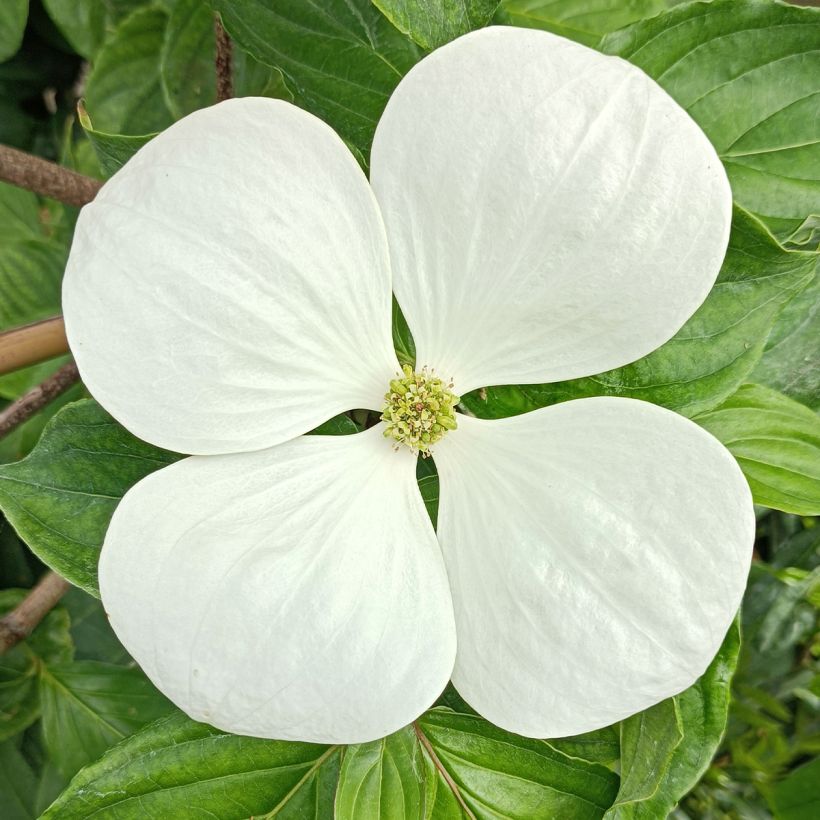

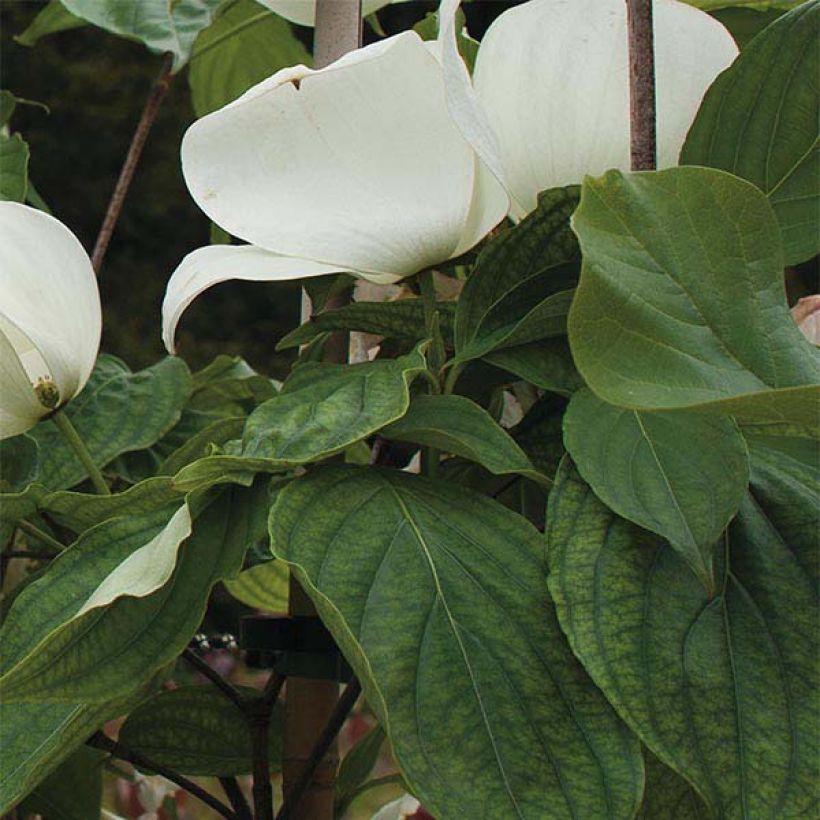



Plant habit
Flowering
Foliage
Botanical data
Cornus
Venus
Cornaceae
Dogwood
Cultivar or hybrid
Other Cornus
View all →Planting and care
The Cornus x 'Venus' is planted in a sunny or partially shaded environment. It thrives in warm temperatures that help with its flowering and is susceptible to late spring frosts. Plant it in soil that is slightly acidic. The soil should be moist but well-drained. It can be planted in spring or autumn (frost-free). Easy to grow, it requires little maintenance. To maintain a beautiful habit, prune dead wood and crossing branches, keeping only the vigorous branches. Be cautious of parasitic attacks such as anthracnose, which can cause severe damage.
Planting period
Intended location
Care
-
, onOrder confirmed
Reply from on Promesse de fleurs
Similar products
Haven't found what you were looking for?
Hardiness is the lowest winter temperature a plant can endure without suffering serious damage or even dying. However, hardiness is affected by location (a sheltered area, such as a patio), protection (winter cover) and soil type (hardiness is improved by well-drained soil).

Photo Sharing Terms & Conditions
In order to encourage gardeners to interact and share their experiences, Promesse de fleurs offers various media enabling content to be uploaded onto its Site - in particular via the ‘Photo sharing’ module.
The User agrees to refrain from:
- Posting any content that is illegal, prejudicial, insulting, racist, inciteful to hatred, revisionist, contrary to public decency, that infringes on privacy or on the privacy rights of third parties, in particular the publicity rights of persons and goods, intellectual property rights, or the right to privacy.
- Submitting content on behalf of a third party;
- Impersonate the identity of a third party and/or publish any personal information about a third party;
In general, the User undertakes to refrain from any unethical behaviour.
All Content (in particular text, comments, files, images, photos, videos, creative works, etc.), which may be subject to property or intellectual property rights, image or other private rights, shall remain the property of the User, subject to the limited rights granted by the terms of the licence granted by Promesse de fleurs as stated below. Users are at liberty to publish or not to publish such Content on the Site, notably via the ‘Photo Sharing’ facility, and accept that this Content shall be made public and freely accessible, notably on the Internet.
Users further acknowledge, undertake to have ,and guarantee that they hold all necessary rights and permissions to publish such material on the Site, in particular with regard to the legislation in force pertaining to any privacy, property, intellectual property, image, or contractual rights, or rights of any other nature. By publishing such Content on the Site, Users acknowledge accepting full liability as publishers of the Content within the meaning of the law, and grant Promesse de fleurs, free of charge, an inclusive, worldwide licence for the said Content for the entire duration of its publication, including all reproduction, representation, up/downloading, displaying, performing, transmission, and storage rights.
Users also grant permission for their name to be linked to the Content and accept that this link may not always be made available.
By engaging in posting material, Users consent to their Content becoming automatically accessible on the Internet, in particular on other sites and/or blogs and/or web pages of the Promesse de fleurs site, including in particular social pages and the Promesse de fleurs catalogue.
Users may secure the removal of entrusted content free of charge by issuing a simple request via our contact form.
The flowering period indicated on our website applies to countries and regions located in USDA zone 8 (France, the United Kingdom, Ireland, the Netherlands, etc.)
It will vary according to where you live:
- In zones 9 to 10 (Italy, Spain, Greece, etc.), flowering will occur about 2 to 4 weeks earlier.
- In zones 6 to 7 (Germany, Poland, Slovenia, and lower mountainous regions), flowering will be delayed by 2 to 3 weeks.
- In zone 5 (Central Europe, Scandinavia), blooming will be delayed by 3 to 5 weeks.
In temperate climates, pruning of spring-flowering shrubs (forsythia, spireas, etc.) should be done just after flowering.
Pruning of summer-flowering shrubs (Indian Lilac, Perovskia, etc.) can be done in winter or spring.
In cold regions as well as with frost-sensitive plants, avoid pruning too early when severe frosts may still occur.
The planting period indicated on our website applies to countries and regions located in USDA zone 8 (France, United Kingdom, Ireland, Netherlands).
It will vary according to where you live:
- In Mediterranean zones (Marseille, Madrid, Milan, etc.), autumn and winter are the best planting periods.
- In continental zones (Strasbourg, Munich, Vienna, etc.), delay planting by 2 to 3 weeks in spring and bring it forward by 2 to 4 weeks in autumn.
- In mountainous regions (the Alps, Pyrenees, Carpathians, etc.), it is best to plant in late spring (May-June) or late summer (August-September).
The harvesting period indicated on our website applies to countries and regions in USDA zone 8 (France, England, Ireland, the Netherlands).
In colder areas (Scandinavia, Poland, Austria...) fruit and vegetable harvests are likely to be delayed by 3-4 weeks.
In warmer areas (Italy, Spain, Greece, etc.), harvesting will probably take place earlier, depending on weather conditions.
The sowing periods indicated on our website apply to countries and regions within USDA Zone 8 (France, UK, Ireland, Netherlands).
In colder areas (Scandinavia, Poland, Austria...), delay any outdoor sowing by 3-4 weeks, or sow under glass.
In warmer climes (Italy, Spain, Greece, etc.), bring outdoor sowing forward by a few weeks.






























